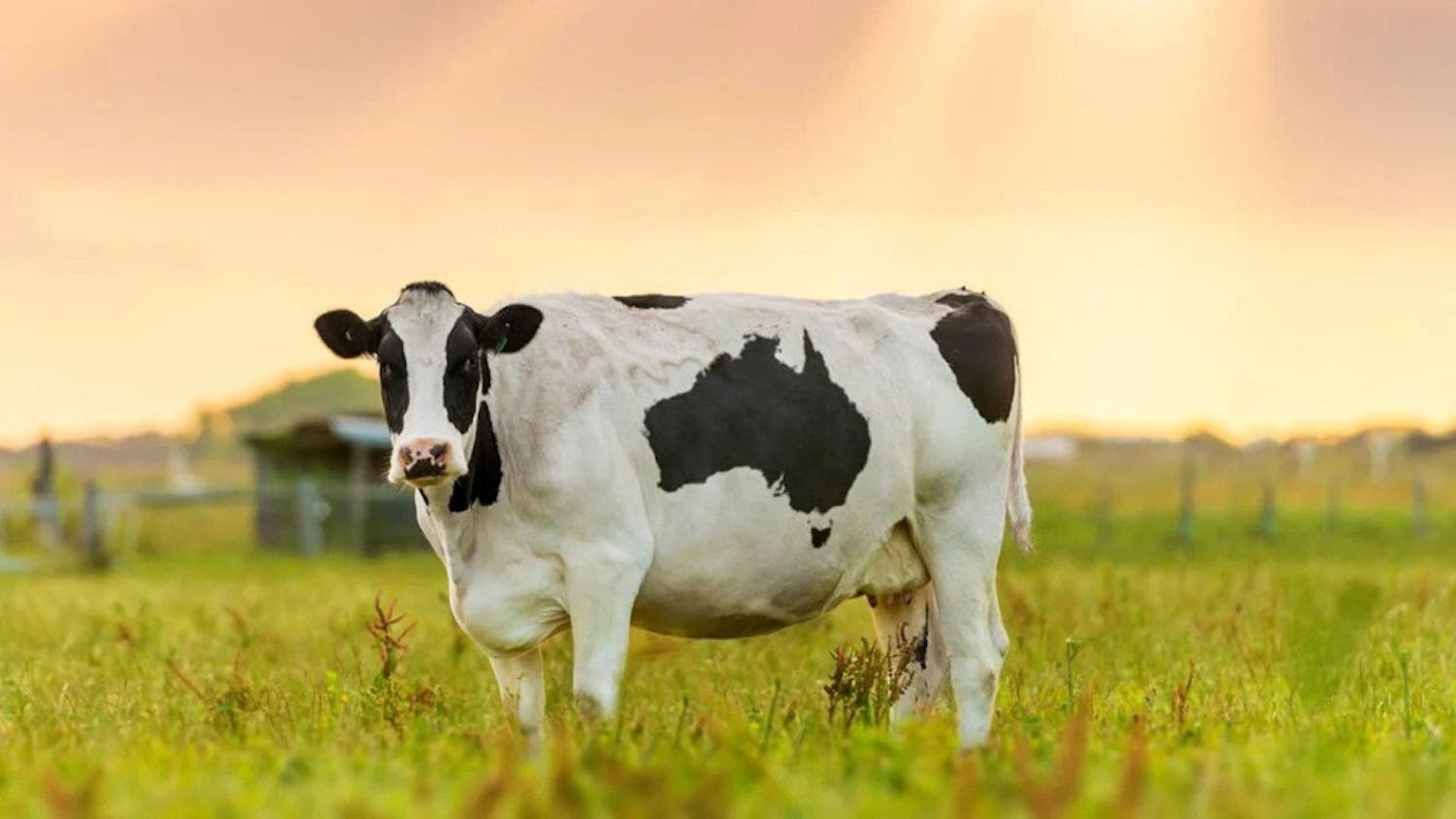In this new addition to the Opinions section, The Rotunda will explore different lifestyles, ranging from sorority/fraternity life to dietary restrictions, and a wide range of diversity that Longwood students experience and encounter every day.
It seems the only thing lighting up social media more than “twerking tweets,” is the socalled “back-to-nature lifestyle.” This lifestyle includes diets that focus on the restriction of certain foods, including animal products (veganism), cooked/processed food (Paleo/Raw), grain and gluten. As nutritional information becomes more widely available, it seems this expansion of knowledge has ironically begun to limit what we view as “healthy.” While some restrictions seem intuitive (limiting intake of sodium/sugar rich foods), it seems science is racing to keep up with its own studies on how naturally occurring substances, dairy and animal products in particular, affect the body.
As of late, a growing number of studies have created a body of evidence that shows a strong correlation between a plant-based diet and overall improved health. Yet, concerns remain over how realistic vegan diets can be in today’s fast-food-centric society. While optimal health is possible without meat or dairy, dietitians caution the attention needed to get certain minerals like calcium and iron from plants. This isn’t something the average American consumer takes into account in their daily life. Accordingly, assuming a restrictive diet can lead to deficiencies in these key nutrients, as meat and dairy are far more common in the American diet than nutrient-dense super foods, such as kale, soy beans and lentils.
Research into these health-by-restriction diets left me wondering how realistic following one of the diets would be to the average meal-plan-based college student. After much internal debate and a few Netflix documentaries, it was clear the best way to test the realistic implications of living these lifestyles was to dive in headfirst. Not ready or educated enough to take on the super-restrictive Raw (no cooking of food, plant-based) or Paleo (only foods available to primal man, with preparation regulations) diets, I polished off the last of a pumpkin milkshake and prepared to take on living as a vegan for a week on campus.
The first few days of vegan living went as expected; the struggle was very real. Some friends who have been vegan for a few years recommended a “gung-ho”, or a “here goes nothing,” attitude for beginning of the diet, but to me, it admittedly felt much more like a “here goes everything.” Growing up as a vegetarian, giving up meat wasn’t a challenge, but facing D-Hall without dairy was near torture. To its credit, the eatery offered many soy-based alternatives (silk soymilk machines, you have my gratitude). It was an enlightening experience to realize just how many foods contain animal products, from the cheesy pizza to the soft scrambled eggs. Two days in, and I was already counting the hours until I could return to “real” food.
The third and fourth day of living as a vegan, however, I did notice a striking change. Walking into breakfast, I realized the smell of buttery waffles wasn’t as alluring as usual. Sure, it was still intoxicating, but thinking about the sugar crash that would follow a waffle versus the slow and steady energy rise that came from a plate of fruit, made resisting the temptation much easier. I must say, grapes and waffles aren’t the same, and to be fair, for the first time I began to feel like what I was eating was ‘clean’. This was what my body wanted; this was true, “real” food.
The remaining few days went much more smoothly than the initial four. It became almost second nature to look for fruits and veggies at meals, and overall I just seemed to feel better. I wouldn’t be quick to condemn dairy as the common denominator, but rather appreciate how conscious the restrictions made me about what is going into my body and how the body responds to natural nutrients. Following the week, I continued to research into the ethical side of veganism, with regard to the treatment of animals, I was horrified by the conditions and abuses of the living creatures in our food system.
While I may not be totally on board with the research behind the vegan diets, for lack of consistency in studies and sometimes unrealistic practice (limited budget and food available through campus), the ethical principles behind the restrictions were enough to make me pause and consider trying to live the diet as a lifestyle.
It gave me a heightened consciousness of how all industries (food, clothing, energy production) exploit animals. Maybe that’s exactly the point of these restriction- diets; health doesn't come from following a set of rules or eliminating entire food groups, but rather from an awareness of how what we consume affects how we feel.











